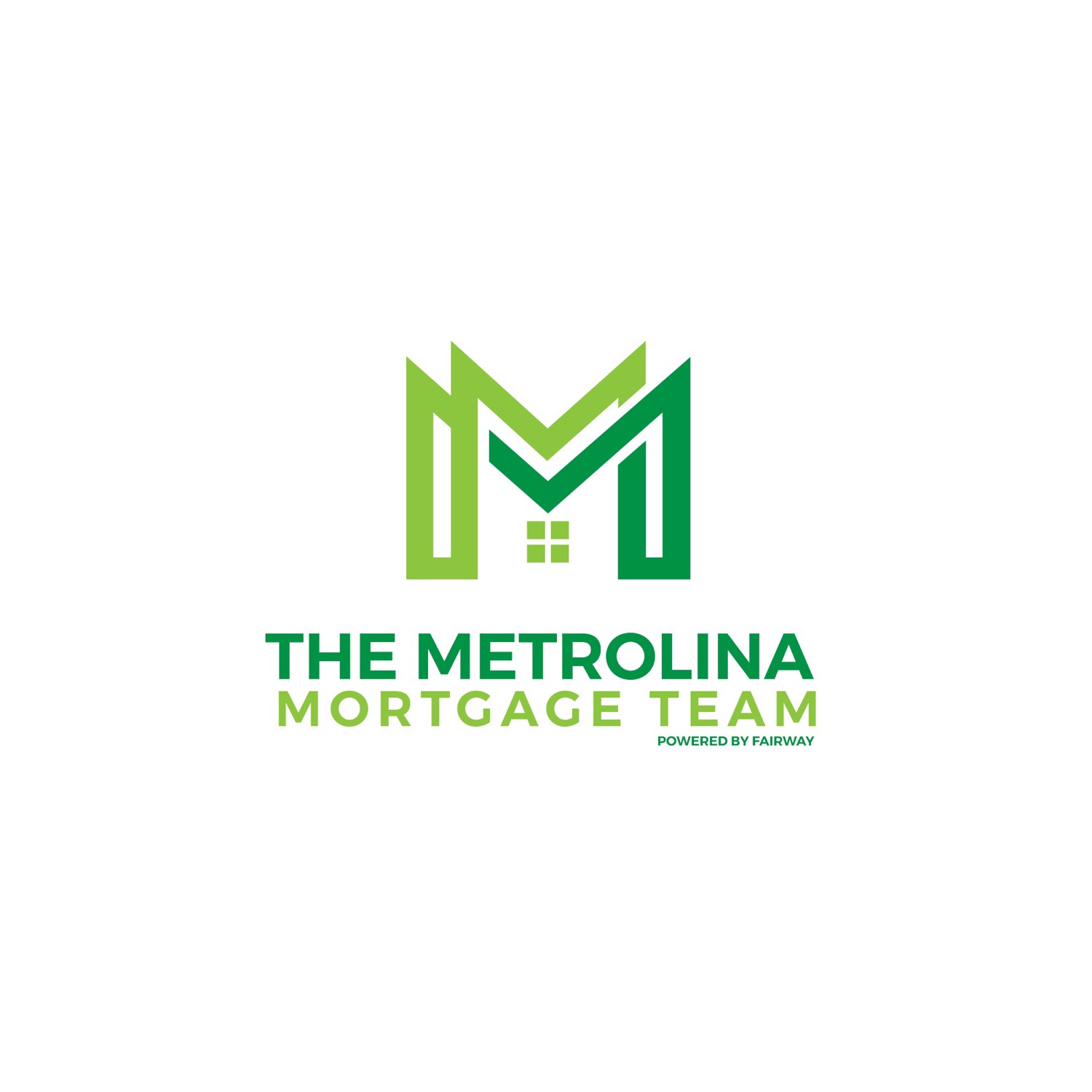Jumbo Loans for Luxury Homes: Bank Statement & 1099 Options
- Trevor Higgins
- Oct 15, 2025
- 4 min read

What is a Jumbo Loan?
A jumbo loan finances a home that’s above the conforming loan limit (set annually by FHFA and varies by county). Because these loans aren’t sold to Fannie Mae or Freddie Mac, lenders use “portfolio” or investor guidelines, which can be stricter—and more flexible in the right situations.
Where you’ll see jumbos: high-end neighborhoods, second homes, and new builds across the Southeast (Charlotte’s SouthPark, Myers Park, Ballantyne, Dilworth, Lake Norman; plus luxury corridors in FL, TX, GA, SC, NC, OH).
Jumbo Basics (What Underwriters Look For)
Credit scores: Often 700+ for best pricing; some programs allow lower with trade-offs.
Down payment: Commonly 10%–20%+ (some 10% options with strong profiles).
Reserves: Expect 6–12 months of PITIA (more for second homes/investments).
DTI: Many lenders target ≤43% (sometimes lower for large loans).
Property type: Primary and second homes are most common; condos + new construction allowed with extra review.
Structures: Fixed-rate and ARMs; many offer interest-only periods to manage cash flow.
Pro tip: Unique luxury homes may require two appraisals or extra comps. Get valuation discussions going early.
When Conventional Isn’t the Best Fit
Conventional financing can deliver great rates, but it requires full income documentation (W-2s/tax returns) and can be slow or limiting for:
Business owners/self-employed with heavy write-offs
Commission/bonus/1099 earners whose income fluctuates
High-asset clients whose cash flow on paper looks light
Buyers who need interest-only or complex vesting (LLC/trust)
That’s where Non-QM (non–qualified mortgage) programs shine.
Non-QM for Luxury Buyers: Bank Statement, 1099 & Asset-Depletion
1) Bank Statement Loans
Instead of tax returns, lenders average 12–24 months of personal or business bank statements to calculate income.
Great for: Self-employed, entrepreneurs, partners in professional practices.
You’ll need: Seasoned deposits, CPA letter or business narrative, and typical jumbo reserves/down payment.
2) 1099-Only Loans
Qualify using 1099 income (often 1–2 years), with add-backs for expenses based on program rules.
Great for: Independent sales reps, consultants, gig-economy professionals.
3) Asset-Depletion / Asset-Qualifier
Convert liquid assets (and sometimes retirement assets) into a monthly qualifying income using lender formulas.
Great for: High-net-worth buyers with significant assets, recent liquidity events, or early retirees.
What to expect vs. conventional:
Documentation: Far simpler (no full tax return analysis).
Pricing: Usually higher rates/fees than conventional jumbo.
Flexibility: More forgiving with DTI and income complexity; interest-only common.
Prepayment penalties: Generally not on owner-occupied loans; verify terms.
Entities: Many Non-QM programs allow LLC or trust vesting.
Strategy: How to Choose the Right Path
Your Profile | Likely Best Fit | Why |
W-2 income, strong DTI | Conventional Jumbo | Lowest available rates; straightforward docs |
Self-employed with write-offs | Bank Statement Jumbo (Non-QM) | Uses cash-flow reality, not tax-return net |
1099 contractor with variable income | 1099-Only Jumbo (Non-QM) | Accepts 1099s in lieu of full returns |
Asset-rich, income-light | Asset-Depletion (Non-QM) | Qualifies based on liquid/retirement assets |
Want cash-flow control | Jumbo ARM / Interest-Only | Smaller payment during earning or build years |
Payment Design for Luxury Buyers
ARMs for runway: 5/6, 7/6, 10/6 ARMs often price better than 30-yr fixed.
Interest-only periods: Free up cash for renovations, investments, or RSU vesting schedules.
Points vs. flexibility: Buying points lowers rate; if a bonus, IPO, or refi is likely, save cash and keep options open.
Recast: If allowed, apply a lump-sum later to lower payment without a full refinance.
How to Prepare (Fast-Track Checklist)
Decide your lane early: Conventional jumbo vs. Non-QM (bank statement, 1099, asset-depletion).
Document stack: ID, asset statements, entity/trust docs; for Non-QM, 12–24 months statements or 1099s.
Appraisal plan: Confirm if the lender will need two appraisals or luxury comps.
Reserves & down payment: Align cash sources and seasoning rules.
Offer optics: Ask your lender for a fully underwritten pre-approval and a strong proof-of-funds letter for luxury listings.
FAQs
What credit score do I need for a jumbo loan?
Many lenders look for 700+ for best pricing; approvals below that are possible with stronger down payment/reserves. However, there are options that go as low as a 620 credit score.
Can I use bonus, RSU, or K-1 income?
Yes—program rules differ. Conventional may require multi-year history; Non-QM can be more flexible with documentation.
Are Non-QM rates much higher?
They’re typically higher than conventional—but you’re trading up for flexibility and speed. Many clients refinance later if/when conventional makes sense.
Can I close in an LLC or trust?
Often yes (especially Non-QM). Expect extra vesting documents and title review.
Do jumbo loans allow second homes or investment properties?
Yes—pricing and reserve requirements are usually tighter than primary homes.
The Bottom Line
If you have straightforward W-2 income and strong DTI, a conventional jumbo often wins on rate.
If you’re self-employed, 1099, or asset-heavy/income-light, a Non-QM jumbo (bank statement, 1099-only, or asset-depletion) can make the difference between winning the home and watching it sell to someone else.
Work with a lender who knows both playbooks
I’ll map your options side-by-side (payment, cash to close, timeline) and tailor a plan for Charlotte and other Southeast luxury markets.
Equal Housing Lender • Programs/terms subject to change; availability varies by state and investor. This is educational content, not credit or tax advice.





Comments